Extended producer responsibility
Extended producer responsibility
Extended Producer Responsibility (EPR)
Extended Producer Responsibility (EPR) is a policy approach that makes producers responsible for the entire lifecycle of their products, especially for the take-back, recycling, and final disposal of their packaging.
What is Extended Producer Responsibility?
Extended Producer Responsibility, often abbreviated as EPR, is a strategy to reduce waste. It shifts the responsibility of managing post-consumer packaging waste from local governments to the producers. This means that companies that manufacture, import, or sell products must ensure their packaging is collected and recycled.
How Does EPR Work?
Under EPR, producers are required to design products with their end-of-life in mind. They must create packaging that is easier to recycle or reuse. Producers may also fund recycling programs or set up their own systems to collect and process packaging waste.
Benefits of EPR
EPR encourages companies to innovate and create more sustainable packaging. It reduces the burden on local waste management systems and helps increase recycling rates. By making producers responsible, EPR also promotes the use of environmentally friendly materials.
Examples of EPR in Action
Many countries have implemented EPR programs. For instance, in Germany, the Green Dot system requires producers to pay for the recycling of their packaging. In Canada, several provinces have EPR regulations that cover a wide range of products, including packaging.
Conclusion
Extended Producer Responsibility is a key policy for sustainable packaging. It ensures that producers take accountability for the environmental impact of their products. By adopting EPR, we can move towards a more circular economy where waste is minimized, and resources are conserved.
Blog Posts with the term: Extended producer responsibility
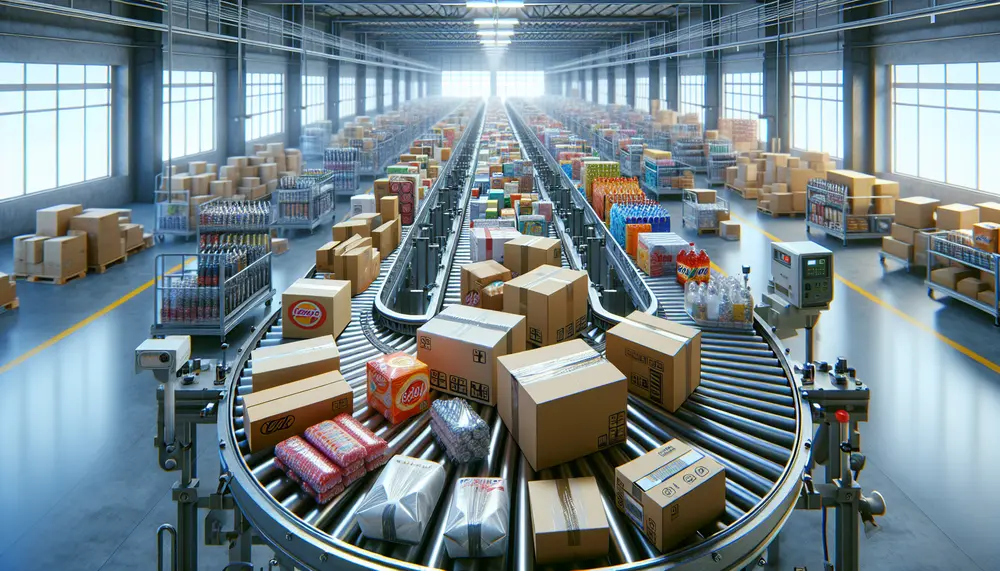
The Kenyan packaging market is valued at around $585 million, driven by sectors like agriculture and manufacturing which contribute to the GDP; growth in consumer demand has led to innovations such as small affordable packages and a shift towards sustainable...
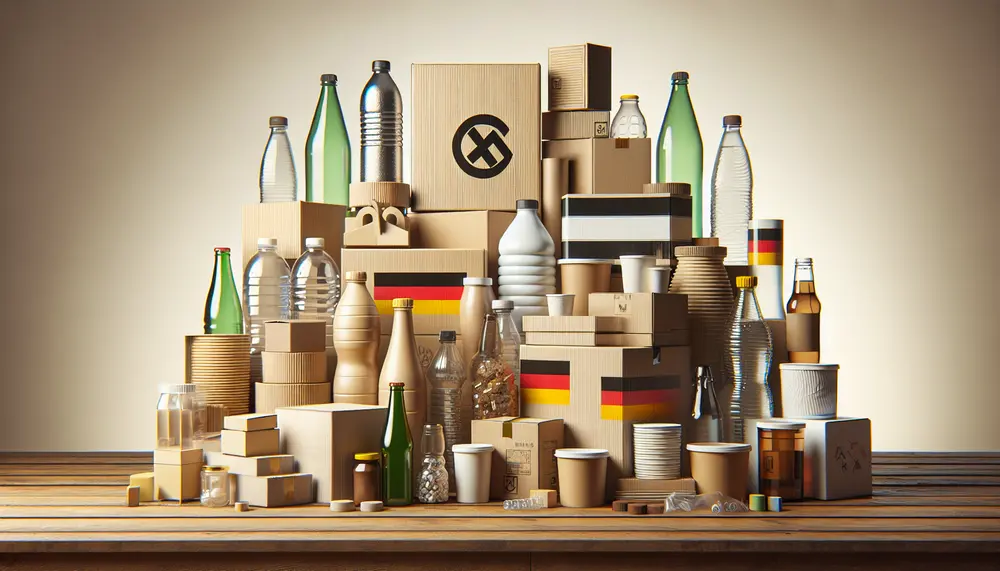
The German Packaging Law (VerpackG) aims to reduce packaging waste by holding producers and distributors accountable for the recycling of their product packaging, with strict compliance enforced through registration and reporting via the LUCID portal. All businesses introducing packaged goods...
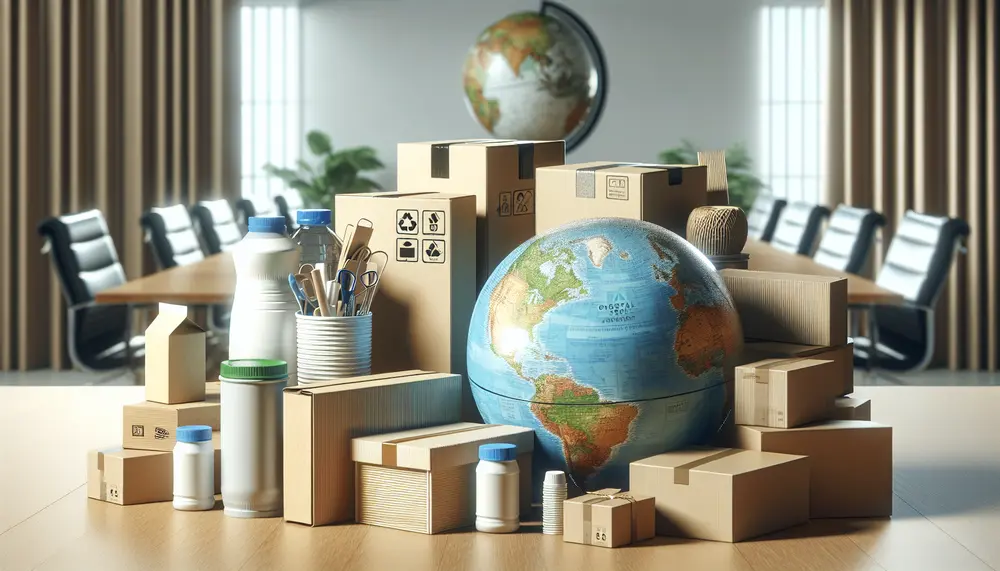
EU packaging regulations require businesses to minimize waste, enhance recyclability, and reduce hazardous substances. Compliance with the Packaging and Packaging Waste Directive is essential for market access in the EU....

The packaging industry is governed by a complex legal framework aimed at ensuring safety, health, and environmental protection. Key regulations include material restrictions like RoHS and REACH, compostability standards such as BPI certification, and heavy metal limitations under CONEG legislation. Regulatory...
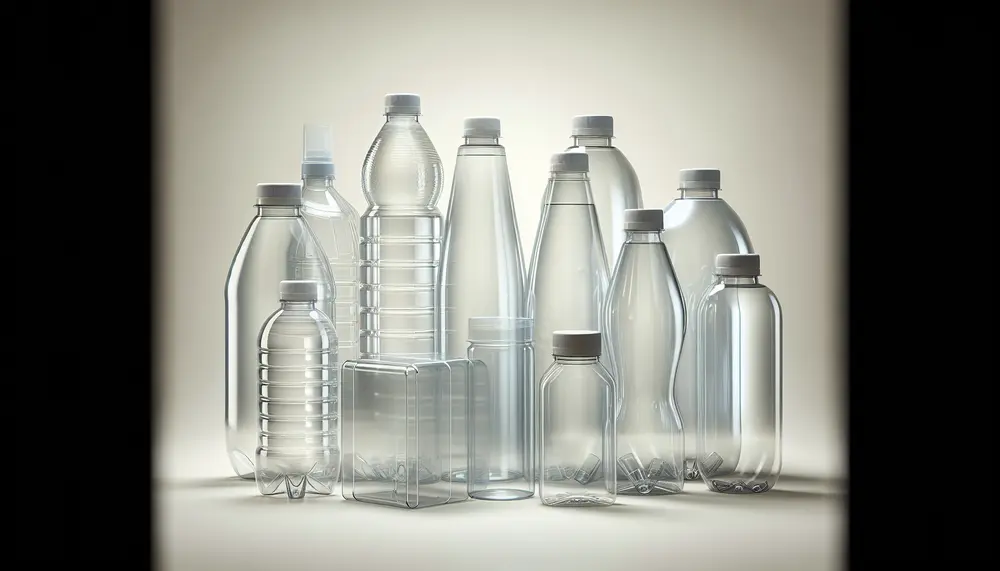
RPET packaging, made entirely from recycled plastic bottles and containers, offers a sustainable alternative with reduced carbon footprint and energy usage compared to virgin plastics. It supports continuous recycling in a closed-loop system, encouraging eco-friendly practices among consumers and industries...
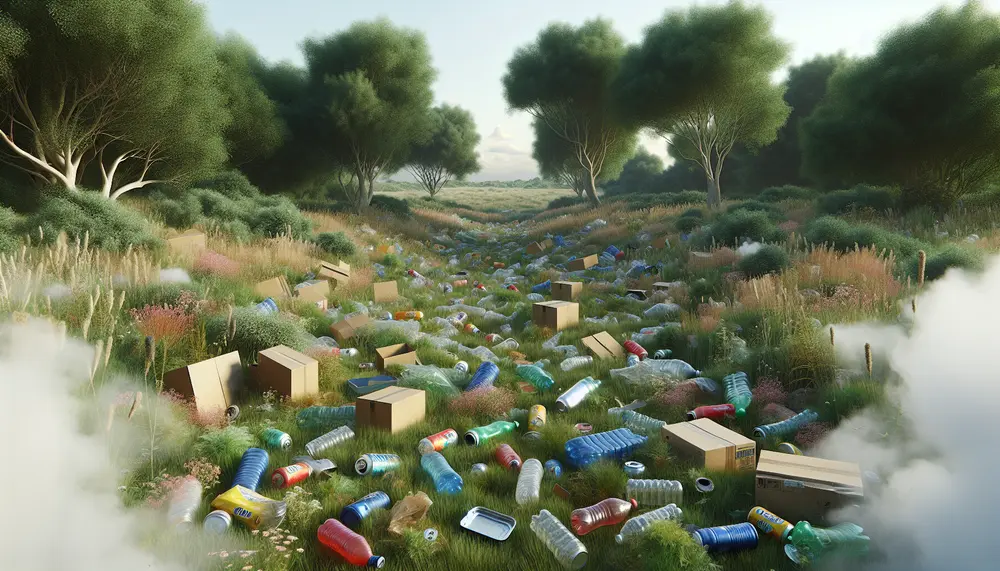
The environmental footprint of packaging is a complex issue involving the entire lifecycle from raw material extraction to disposal, with plastics contributing significantly to global warming and pollution. Strategies for reduction include resource efficiency, recycling technology advancements, renewable materials usage,...

Europe leads in sustainable packaging, integrating eco-friendly materials and methods to reduce environmental impact. This shift is driven by consumer awareness, strict regulations, and a collaborative effort among stakeholders to set global examples for balancing ecology with business growth. The rise...
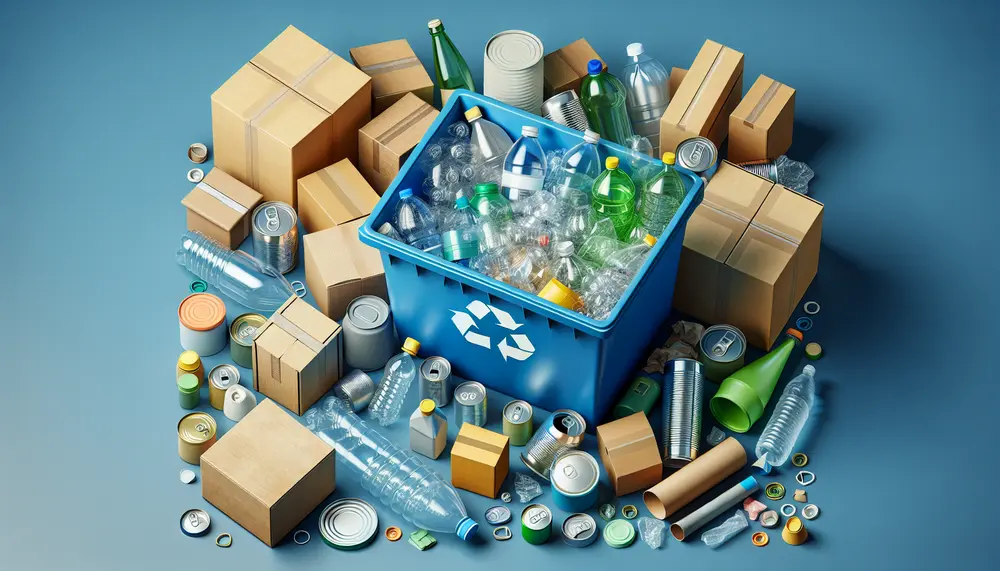
The Packaging and Packaging Waste Regulation (PPWR) aims to mitigate the environmental impact of packaging by enforcing standards for reduction, reuse, and recycling. It requires stakeholders in the packaging industry to comply with regulations that promote a circular economy and...

Packaging choices significantly affect the environment, contributing to pollution and resource depletion due to non-biodegradable waste and high carbon footprints. The rise of eco-friendly packaging solutions like bioplastics and recycled materials reflects a shift towards sustainability in response to environmental...

RPET (Recycled Polyethylene Terephthalate) is an eco-friendly packaging material made from recycled PET products, reducing landfill waste, energy consumption, and greenhouse gas emissions. Its adoption supports a circular economy by minimizing resource use and promoting recycling, but faces challenges like...

Sustainability in the packaging industry focuses on reducing environmental impact through a circular economy, optimizing supply chains, and aligning with consumer values for eco-friendly products. The industry faces challenges like waste accumulation and energy-intensive production but is shifting towards sustainable...

EU regulations significantly influence the packaging industry, ensuring high standards and environmental protection by mandating sustainable materials, recycling capabilities, and labeling. These rules foster a circular economy and innovation but require businesses to adapt their strategies for compliance. The EU's regulatory...

Reusable packaging promotes sustainability by reducing waste and encouraging a circular economy, with benefits including resource efficiency and reduced environmental impact. Regulatory incentives are fostering this shift towards reusability, which offers economic advantages alongside fulfilling global responsibility. The environmental benefits of...
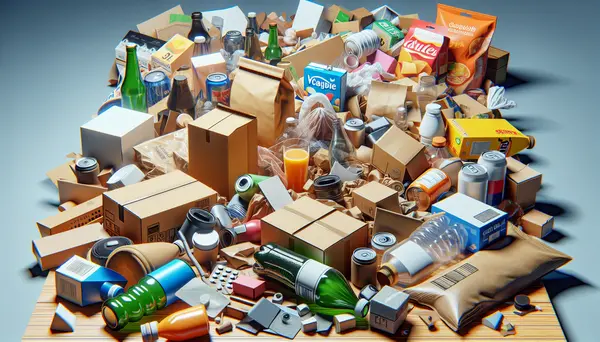
The European Union's Packaging Directive (Directive 94/62/EC) is a legislation aimed at reducing the environmental impact of packaging and packaging waste. It sets guidelines for all types of materials and packaged goods, focusing on prevention of waste, reuse and recycling,...
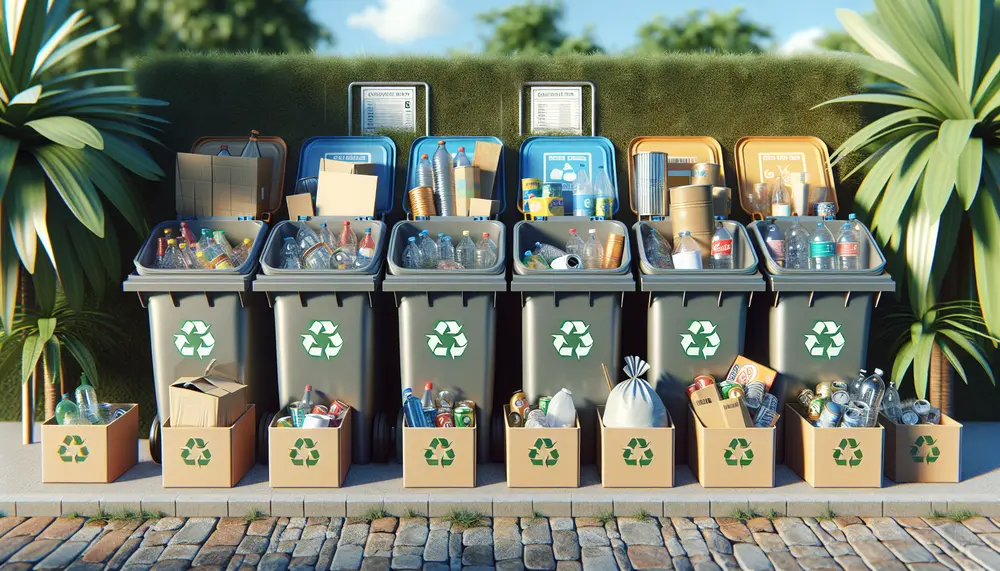
The Packaging Waste Directive (Directive 94/62/EC) is a key EU legislation aimed at reducing packaging waste by setting recovery and recycling targets, promoting sustainable design, and minimizing landfill disposal. Compliance with the directive benefits businesses through enhanced reputation, cost savings,...
